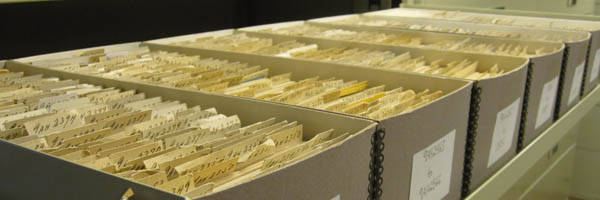

|
|
FASC chief LU pessimistic about upcoming talks with carriersBusiness Times - 23rd April 2004 - By DONALD URQUHART (SINGAPORE) Ahead of a key meeting between shippers and ocean carriers next week, the Federation of Asean Shippers' Councils (FASC) has again called for the abolition of terminal handling charges (THCs), saying transparency and cooperation is the best way forward. A recently released study of THCs across the region by the FASC, which divided the THC cost components into port, vessel and cargo related costs, concluded that shippers are typically double charged across all three areas by container shipping lines. The FASC study pointed to Hong Kong where shippers pay the highest THCs and have been slapped with increases over the last decade of over 450 per cent. In Singapore, THCs have risen by 270 per cent over the 1996-2003 period, hitting the current level of $270 per FEU. These charges are baseless, the FASC argues, because cargo-based costs have already been included in freight costs or paid directly to the forwarders. Any vessel-related costs should fall within the carrier's administrative and operational costs and as such should be structured into the freight rate, it said. 'The liner cartels have been saying the rate they charge for the THCs is cost recovery. But where are the costs coming from? We want to have a fundamental understanding of where the costs come from,' John Lu, chairman of both the FASC and the Singapore National Shippers' Council (SNSC), told Shipping Times in an interview. One solution, according to the FASC, is to move to an 'all-in' freight rate. The issue of THCs has become an ever more divisive wedge between shippers and carriers - something the FASC hopes to address when it meets next week with representatives of two key bodies representing carriers - the Intra-Asian Rate Agreement (IADA) and the Transpacific Stabilisation Agreement (TSA). Mr Lu said shippers want 'a harmonious relationship, we want transparency, we want to know why we are paying so much and want a stable costing, whether it be freight rates or THCs, so we can do our business in a more organised manner.' Mr Lu said it was critical for the two camps to work together to help reduce the uncertainty and volatility in freight transport, otherwise the current situation will lead to an environment where, 'in good market conditions you squeeze me, and during the bad times we squeeze you. 'It depends which philosophy you want to adopt. Currently, the carriers are adopting the short-term outlook,' he added. The 14-member TSA recently said it would share the results of its extensive study into THCs with shippers, but Mr Lu dismissed this as nothing more than subterfuge. 'We have been waiting and waiting and waiting for the TSA for a long time,' he said, noting that the last dialogue between the FASC and the TSA was in 1999. 'The TSA prefers to meet up with individual shipper's councils, but not group to group - they prefer a strategy of divide and conquer,' he said. 'Following our comprehensive study, the TSA has now come out with their own. But THCs are their business - every day they are charging us like nobody's business and suddenly they say they have done a study,' he said, suggesting this was an exercise aimed at trying to justify over 10 years of surcharges. The IADA, on the other hand, has been more amenable to dialogue, until an internal power struggle abruptly ended dialogue with the FASC on the eve of an agreed meeting last year, Mr Lu said. Next week's meeting with the IADA will be the first in nearly a year. Mr Lu said he was 'pessimistic' about making any real headway on the issue because he believes it's nothing more than a public relations exercise for the carriers. 'It's a leadership issue at our level because we have to safeguard the shippers' interests at large and we just have to keep at it. It's not the kind of objective that we can achieve in just one day,' he said. The issue has now made it onto the radar screen of governments in the region, with the 16th Asean Senior Transport Officials Meeting (Stom) last year agreeing that THCs are not port service-related charges and hence should be renamed. The Stom recommended that 'national and port authorities assist their respective shippers' councils to bring this issue directly with the shipping conferences for resolution'. Copyright © 2004 Singapore Press Holdings Ltd. All rights reserved. |
|
| Solution by Nidro IT Solutions | All rights Reserved. Sri Lanka Shippers Council |
